As Head of IIIT Hyderabad’s CCNSB, Prof. U. Deva Priyakumar’s work researches the use of AI technology and machine learning algorithms for applications in chemistry/biology and healthcare. We trace his origin story, from early days in small town Cuddalore to Baltimore, tryst with a rock band and life as a scientist.
Prof. Deva, as he is popularly known around campus, works in the areas of applying computational tools to investigate fundamental chemical and biological systems/processes such as protein folding, ion channels/transporters, heterogeneous nucleic acids and metal nanoparticles at the Center for Computational Natural Sciences and Bioinformatics (CCNSB). He is also the Academic Head of IHub-Data, the Technology Innovation Hub under the National mission for Interdisciplinary Cyber Physical Systems.
A Visiting Researcher at the University of Strathclyde, Glasgow, Scotland and an Invited Associate Professor at the Institute of Molecular Sciences at Okazaki, Japan, he has over 140 publications to his credit. Along the way, the researcher has notched up an impressive list of accomplishments including the INSA young scientist medal, DBT-IYBA award and AICTE young teacher award, and more recently the CRSI medal, JSPS invitation fellowship and distinguished lectureship award by the Chemical Society of Japan.
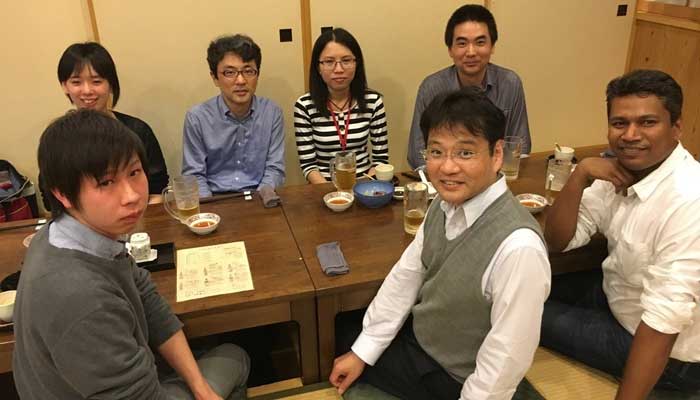
From Pondicherry via Maryland to IIIT Gachibowli
“I somehow stumbled upon IIITH”, muses Prof. Deva, who was very impressed by the speed at which his faculty appointment was engineered! At that point in 2007, he was a freshly minted Post-doctoral fellow from the University of Maryland, determined to pursue academia in India. “I was still in the US and had emailed in my application on a Thursday evening. I had a call on Saturday with Prof. Abhijeet Mitra and Prof. Harjinder Singh and by Monday, I was through!”
The anatomy of a research program
“When I started looking for an independent position, my goal was to do world class research in computational chemistry and biology”, he explains. “In the initial days, I had my work cut out for me, developing a high performance computing system, getting funding and the mechanism that goes into starting a research program. Within two years, we had a reasonably good facility called ADI and following this I volunteered to setting up the HPC facilities in India”.
In the early days, their collaborations with IIITH’s multiple Centers was in understanding fundamental biological, chemical and molecular processes; like protein folds or how nucleic acids interact etc. Most of his work now is in Applied Research; employing modern ML and AI-based methods for Molecular design and healthcare, with industry partners like Intel, Google, Aurigene, in silico medicine and Thermo Fisher.
In the first few months of the pandemic, it was realized that a smaller population were getting afflicted with severe conditions. Their research on Covid 19 Risk stratification and mortality prediction was reasonably successful in developing algorithms that could predict patient setbacks and fatality metrics; a collaborative initiative with IGIB and Max hospitals in Delhi, Gandhi hospitals in Hyderabad, Intel et al.
In ongoing projects with the Wadhwani Institute of Sustainable Health (WISH) Foundation and with Google, researchers will study data collected from different states to come up with tech-based clinical decision support systems.
The hubbub around I-Hub
I-Hub, IIITH’s technology innovation hub, has been mandated to apply translational research to identify use cases and incubate start-ups for implementations at scale across the larger population. “We work with entities from very diverse areas in genomics, data, AI, growth technologies, healthcare and governance”, explains I-Hub’s Academic Head. “Within IIITH, we have inter-disciplinary collaborations with research centres as well as ongoing partnerships with Intel, Nagpur Municipal Corp., Telangana Govt., CSIR-CRRI/IGIB, NIMHS, NIMHANS, Apollo, Homi Bhabha Cancer Institute and the Grace Cancer foundation”.
“We have identified certain problems in three major areas”, he discloses. One is to develop a platform of large data-sets and make it available for the public under the Data Foundation. In Smart Mobility, the objective is to design technology solutions like improving road safety, traffic violation detection, drones to survey damages to civil structures and develop autonomous wheelchairs.
The third area is AI for Healthcare. One goal is to develop large data sets in areas like cancer, sleep staging and stroke rehabilitation and make it available for the technology development. “We have recently started surveillance of communicable diseases in Telangana, collecting samples for genome sequencing, to design tech-based solutions”.
When no two days are the same – Constantly evolving on campus
“One of my favorite projects is a beaten-to-death problem on protein folding”, he reveals. “We were able to make fundamental contributions to finding a specific reason for the phenomenon, that was published in the highly revered Journal of American Chemical Society”. Another publication on Modern ML methods for drug discovery was published in the Chemical Science journal last year. “Our recent efforts in using data driven methods for molecular design are most satisfying for me because of the student’s effort in owning and driving.”
“What I like about IIITH is the unique environment it creates for the faculty and students. It’s kind of a very flat horizontal structure with accessibility that encourages people to open up and float new ideas. This is possibly the strongest feature of the IIITH campus. I reckon initiating collaborations with research groups from other research centers easier here that enables inter/transdisciplinary research”, notes Prof. Deva.
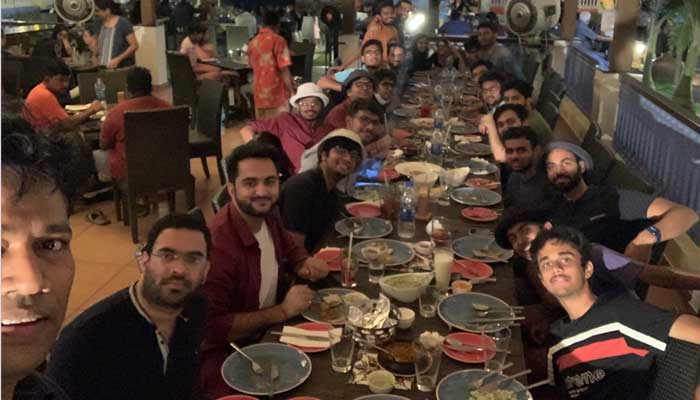
Feathers in that crowded cap
Among the plethora of awards and publications, Prof. Deva ranks the DST-DFG award to participate in “Meeting with Nobel laureates”, in Lindau, Germany (2002) as one of the high points in his career. Among the numerous interactions, he would meet Kroto, one of the scientists who discovered Bucky balls, a project that he was working on.
In 2021, he won the Chemical Research Society of India Bronze Medal. The scholar was awarded a competitive Visiting Fellowship from INSA and the Royal Society of Edinburgh (2019) for collaborative work. The Innovative Young Biotechnologist Award from Department of Biotechnology and the DAE -Young Scientist Research Award were other milestone moments. When the gold medalist in M.Phil. and M.Sc. snagged All India III rank in GATE, “it was more the community and my teachers who were super elated”, he muses matter-of-factly.
From the green fields of Pallipattu to Maryland
Prof. Deva hails from Cuddalore, a very small town in Tamil Nadu, “My parents were posted as primary school teachers, in a village that was so remote that it does not have a bus service even today”, he remarks. When Deva was seven, his parents had moved to Cuddalore, to be closer to his school at St Joseph’s.
After his schooling and undergraduation in Chemistry from St. Joseph’s, he chose Pondicherry University for his masters and M. Phil in Computational Chemistry “with the idea of completing my research in one year and moving to the US for PhD”. But what transpired was that the work that he was involved in, received a lot of good reviews and publications that he continued in Pondicherry University and partly at IICT Hyderabad with Dr. G. Narahari Sastry (currently at NEIST Jorhat).
After his Ph.D from Pondicherry University, he wanted to switch streams to computational biology for his post-doctoral research at the University of Maryland, Baltimore. “I was working in a completely different area that had absolute no overlap with my earlier work”, he states. “Prof. Alex MacKerell was kind enough to offer a position even though I did not have any background in the domain”.
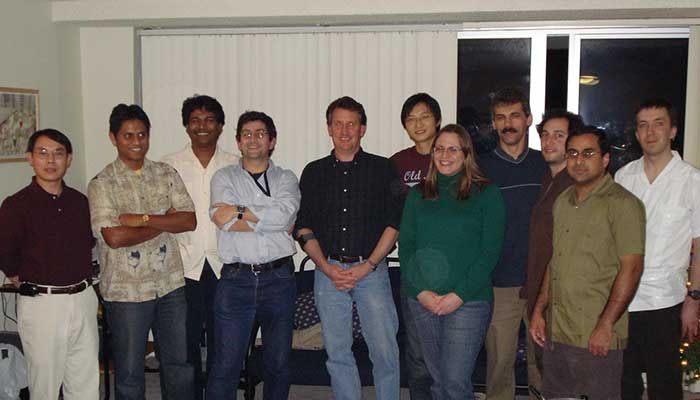
His stint at Maryland was a great learning experience. “When you experience cultures that you are not used to, your world view changes. I brought back life lessons and training that helped me evolve as a human being”.
A rock band and a formula to stay unfazed
“I don’t think my work has ever been stressful, I in fact enjoy my work”, claims the Professor. “I reach my workplace happy, stay happy and return home, pretty much the same way. In my free time, I go for a walk, run or cycle. There are days when I cycle about 100- 200 kilometers. I may spend 10 – 12 hours in the Lab but I try not to carry work back home, but unfortunately it is becoming more and more difficult”.
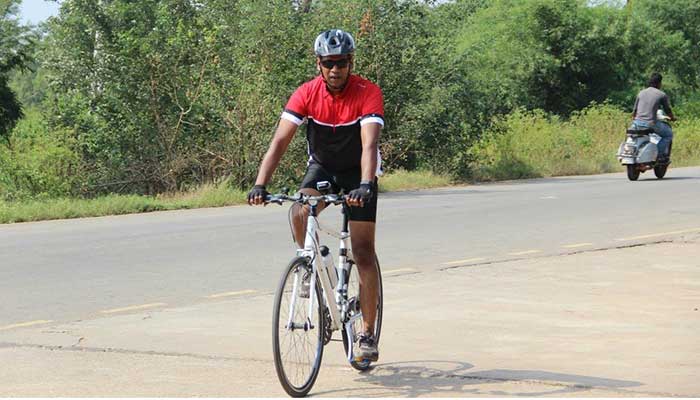
When he’s home, he spends time with wife Deepalatha, International Baccalaureate diploma program coordinator at Oakridge and their teenage daughter Devadarshini. “I am a foodie and I like to cook and people seem to like what I cook”, he states unabashedly. From a very conservative approach to food, he has expanded his comfort level such that he can enjoy any cuisine around the world. He enjoys travelling, driving and watching movies – mostly malayalam movies on OTT these days.
A little known fact about Prof. Deva is that he was a guitarist in a college band called ‘Sound of Music’, performing gigs around Pondicherry and later, a member of ‘Shor’, a rock band that played within the Maryland university.
Deva Lab is the way he communicates with people about the kind of work they do at IIITH. “I strongly believe that the next generation is smarter, better informed and mature than the previous one. IIITH is already very well known for research in some areas of computer sciences, and in the years ahead, I would like to see IIITH recognized for its research in fundamental sciences for high quality research”, concludes Prof. Deva philosophically.
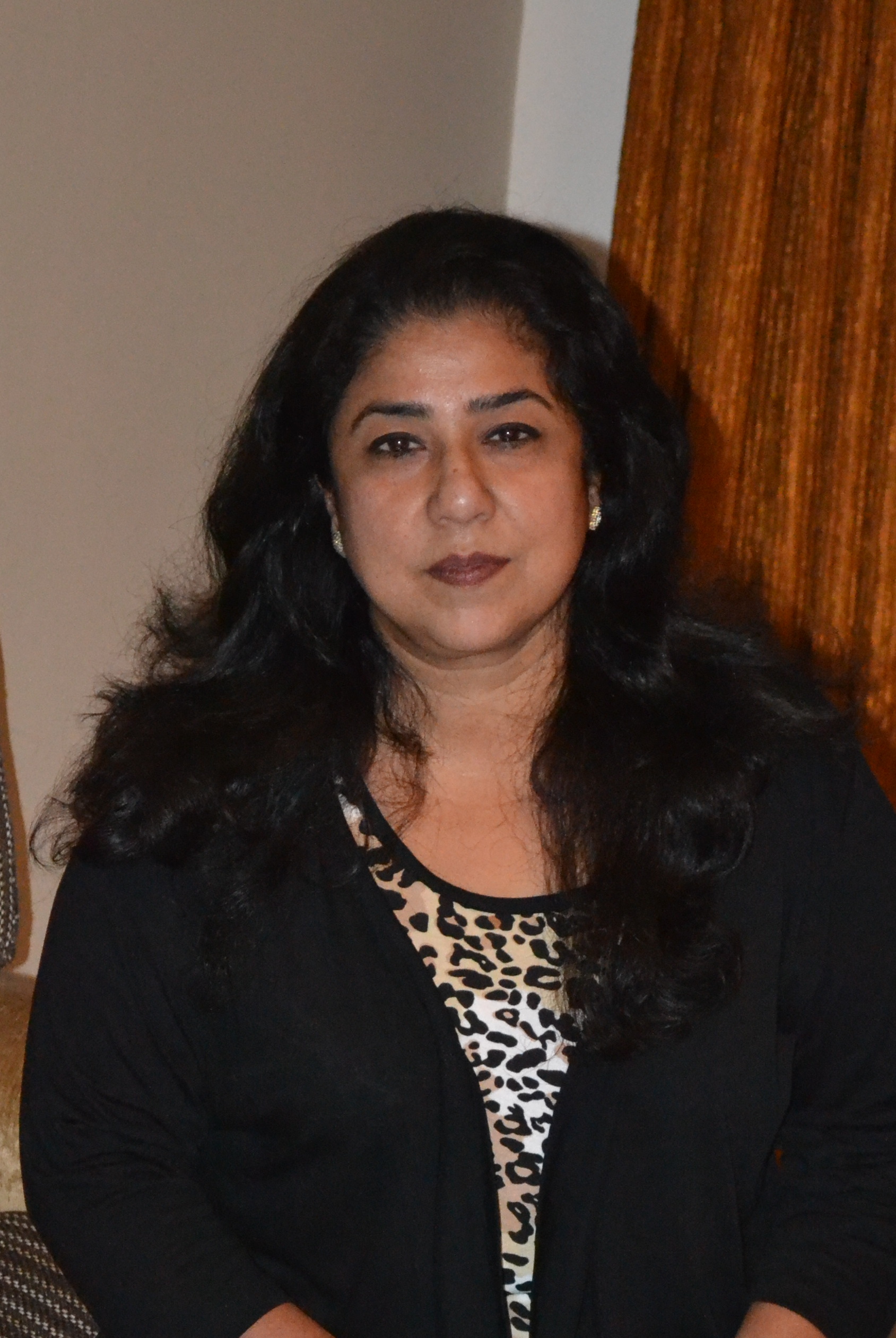

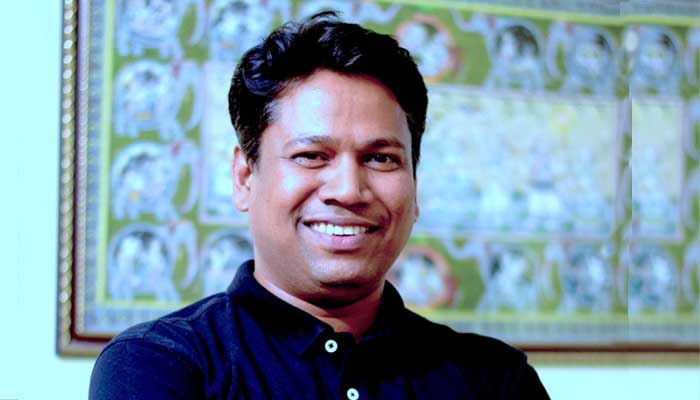
Next post